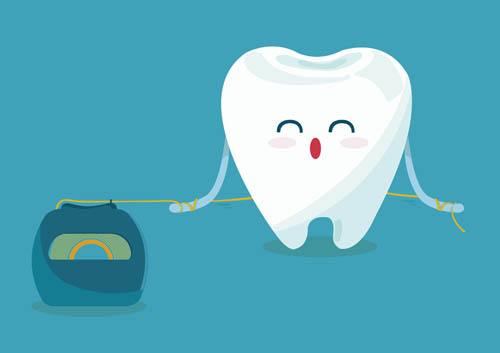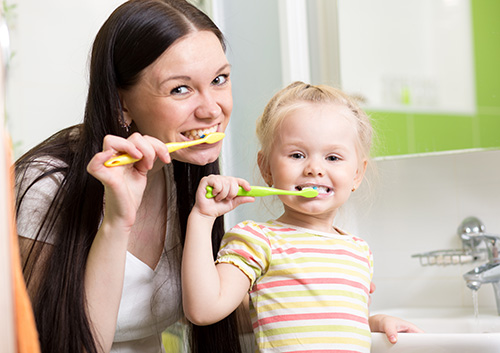Our Blog

As our nation prepares to observe its birthday, we’d like to share some timely dental tips to help make celebrating the Fourth of July more

Of all the dental hygiene techniques you can use at home to promote clean teeth and good oral health, flossing is likely to be the

If you suffer from dental anxiety, a visit to San Elijo Dental might seem like a daunting prospect. Perhaps you had a bad experience in

When you have dental issues or just need routine care, you may try to put off making an appointment at San Elijo Dental. Common reasons

The barbecue’s fired up. T-shirts and shorts are back in style. Sandy beaches and sidewalks are sizzling. Summer’s officially here, and it’s time to get

Many people think dental fluorosis is a disease, but it’s not; it’s a condition that affects the appearance of your tooth’s enamel, not the function

Dentists use advanced procedures to save teeth which would have been lost a few decades ago. But sometimes, when a tooth is severely compromised, it

It’s no secret that kids and adults have different priorities: your duty is to raise a happy, healthy child, but your little one’s only priority

We often have patients who ask, “Can drinking alcohol affect my oral health?” There are, in fact, a few reasons why that martini may not

